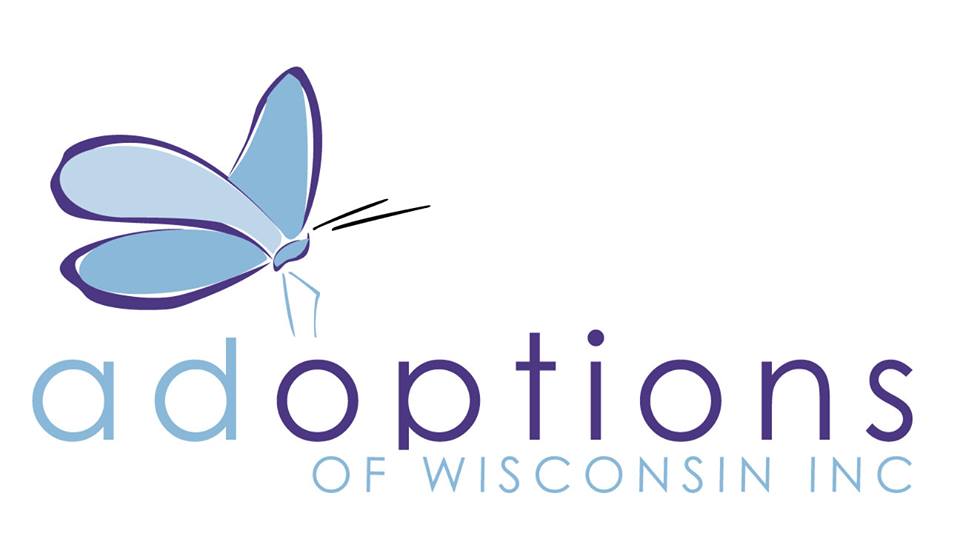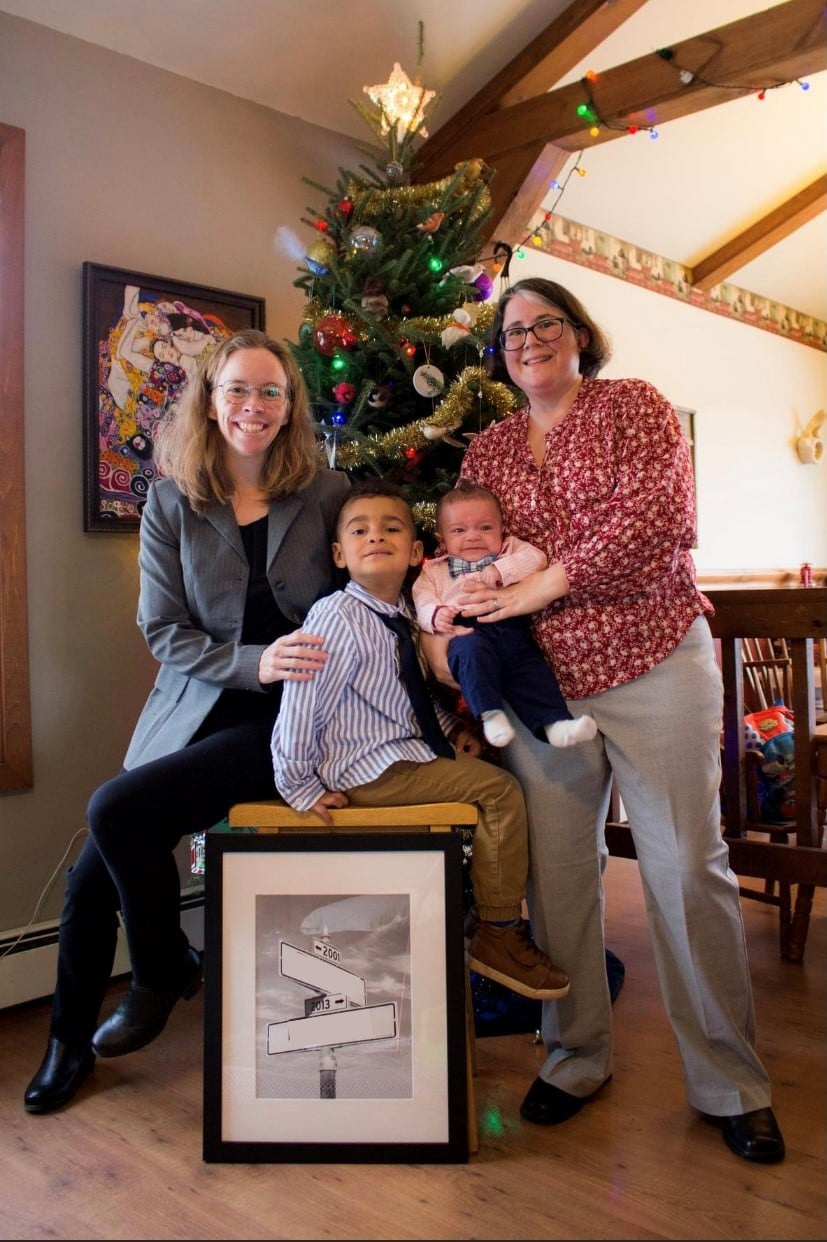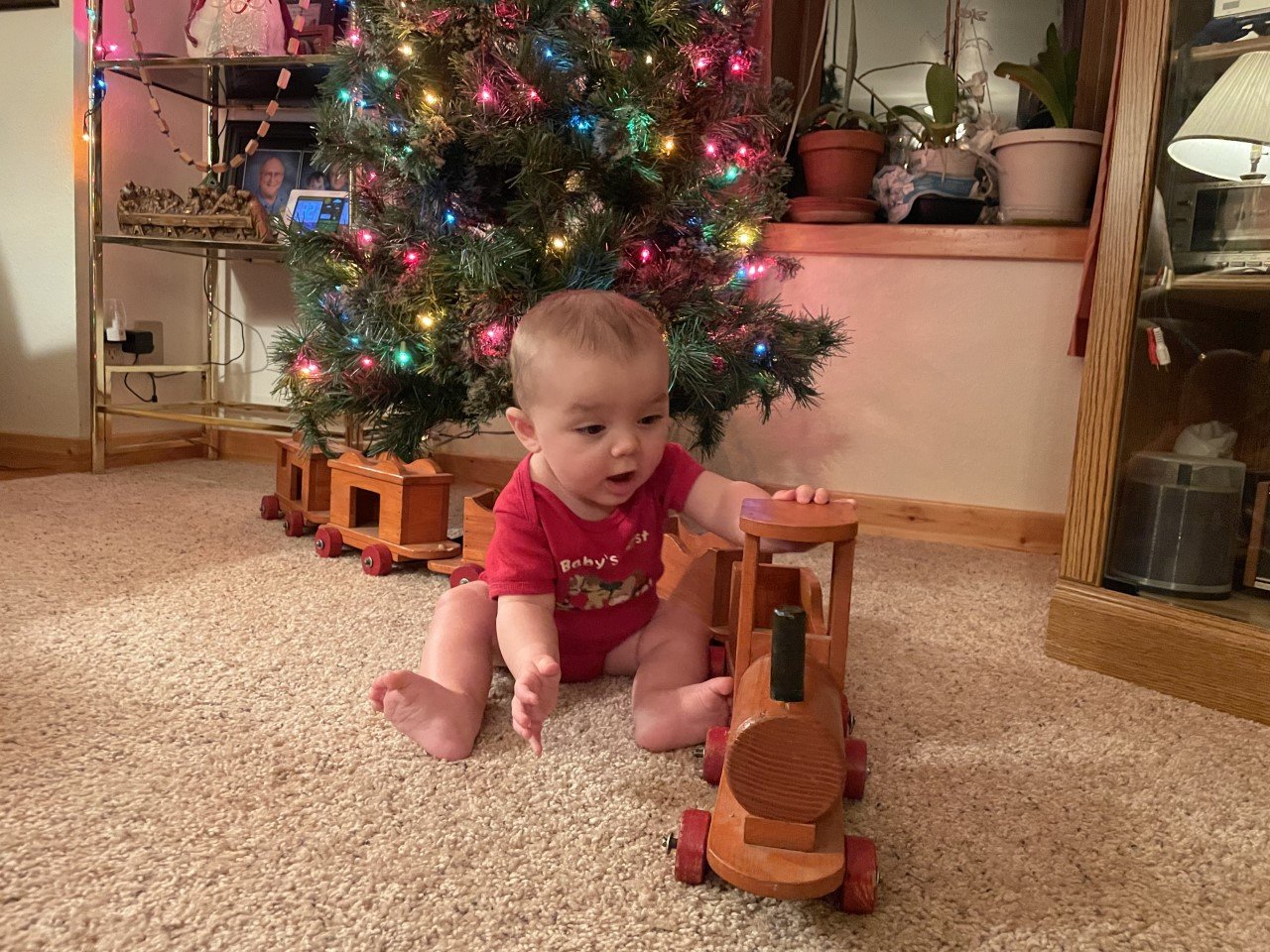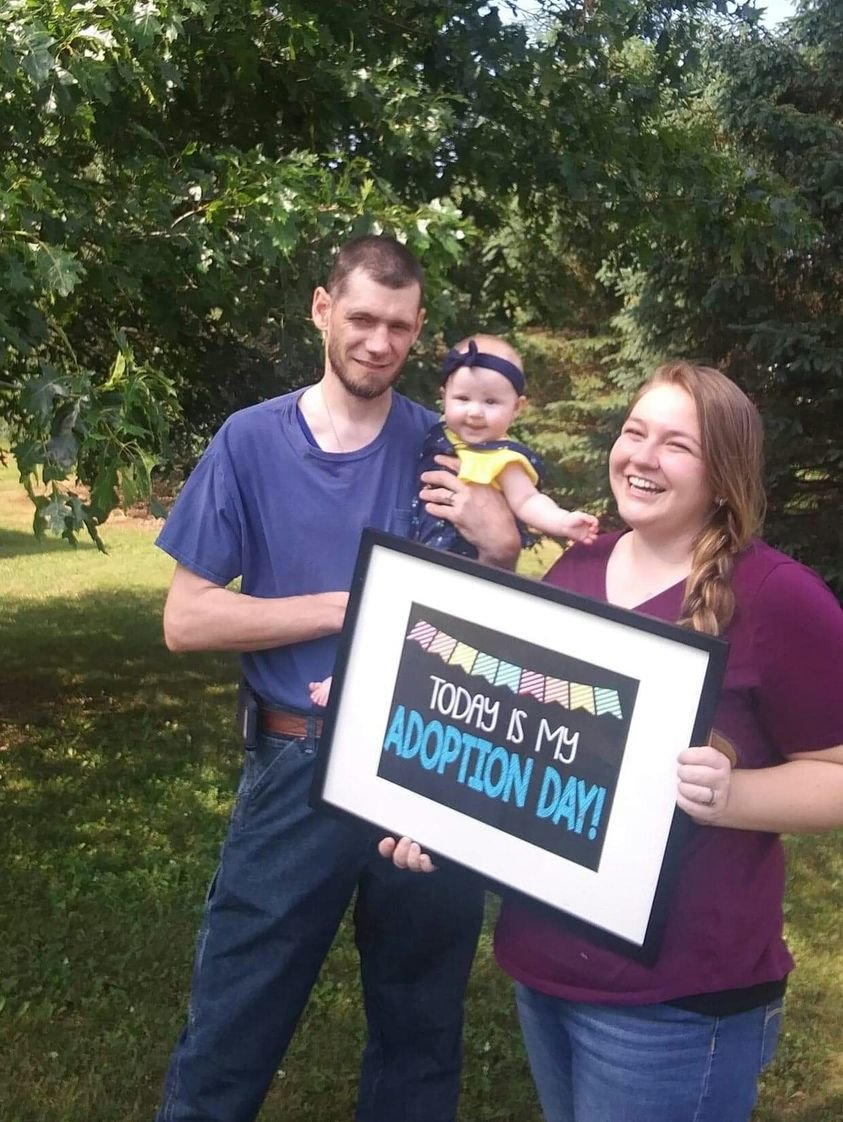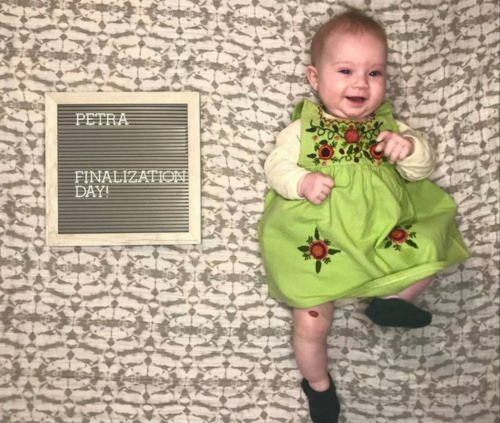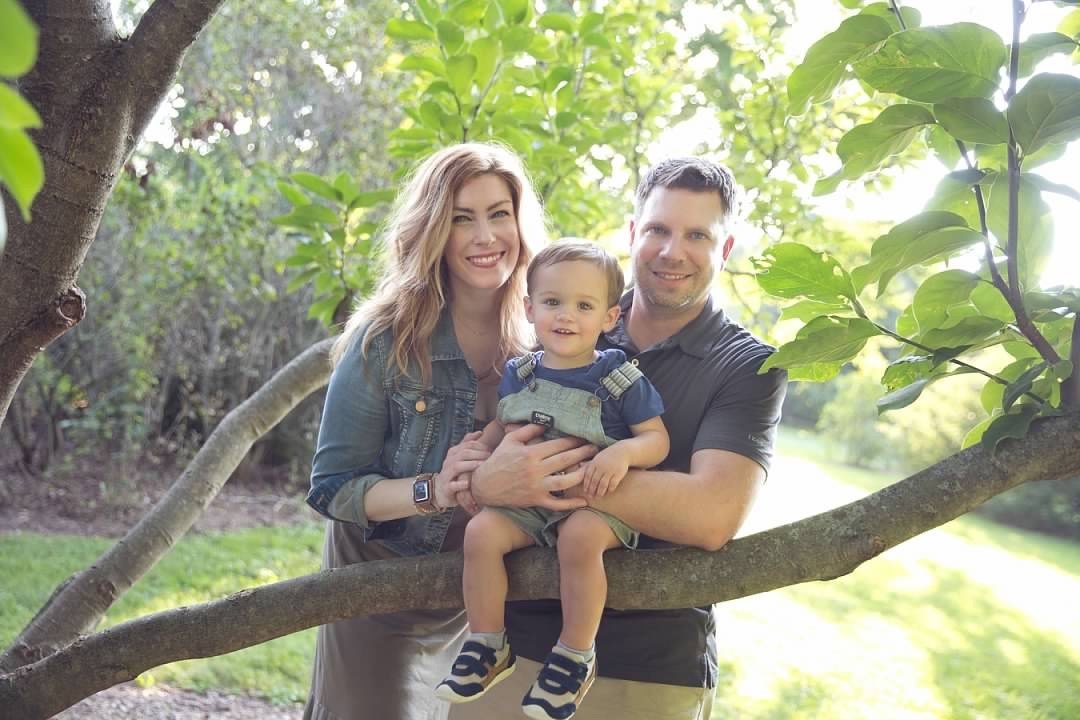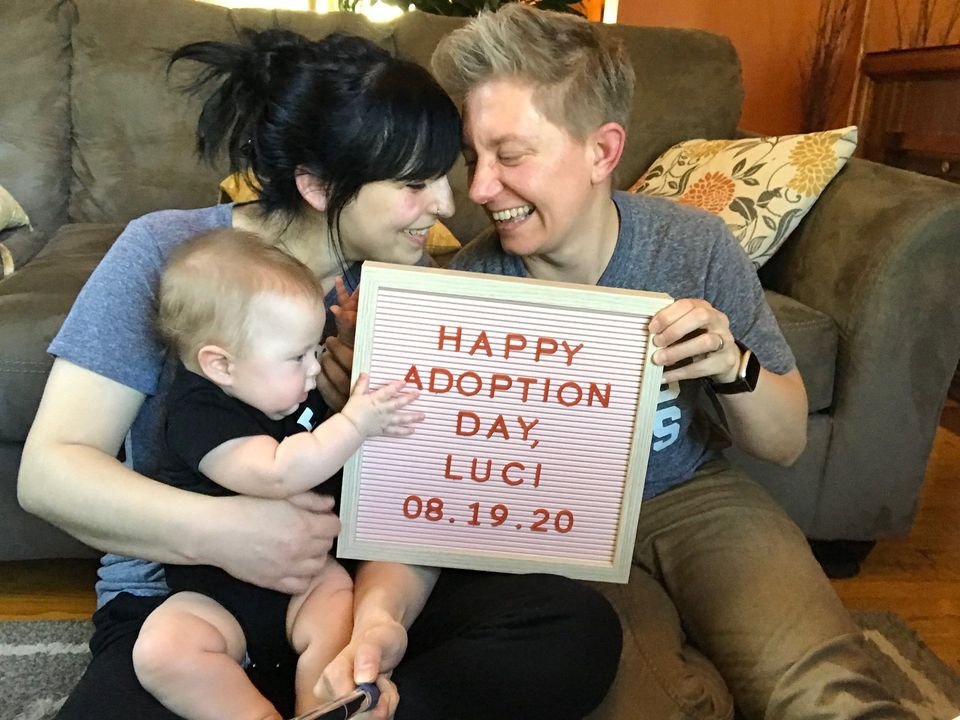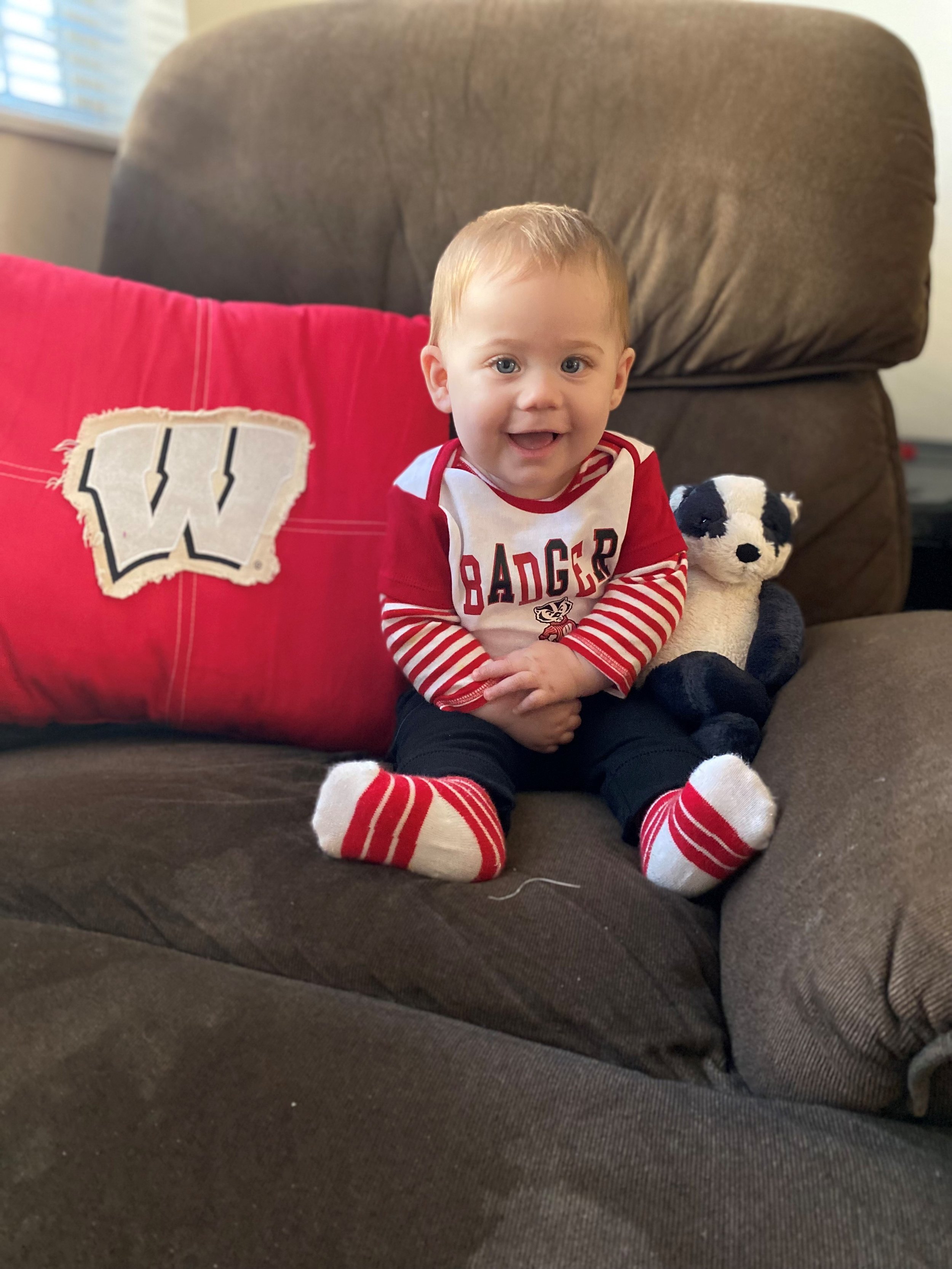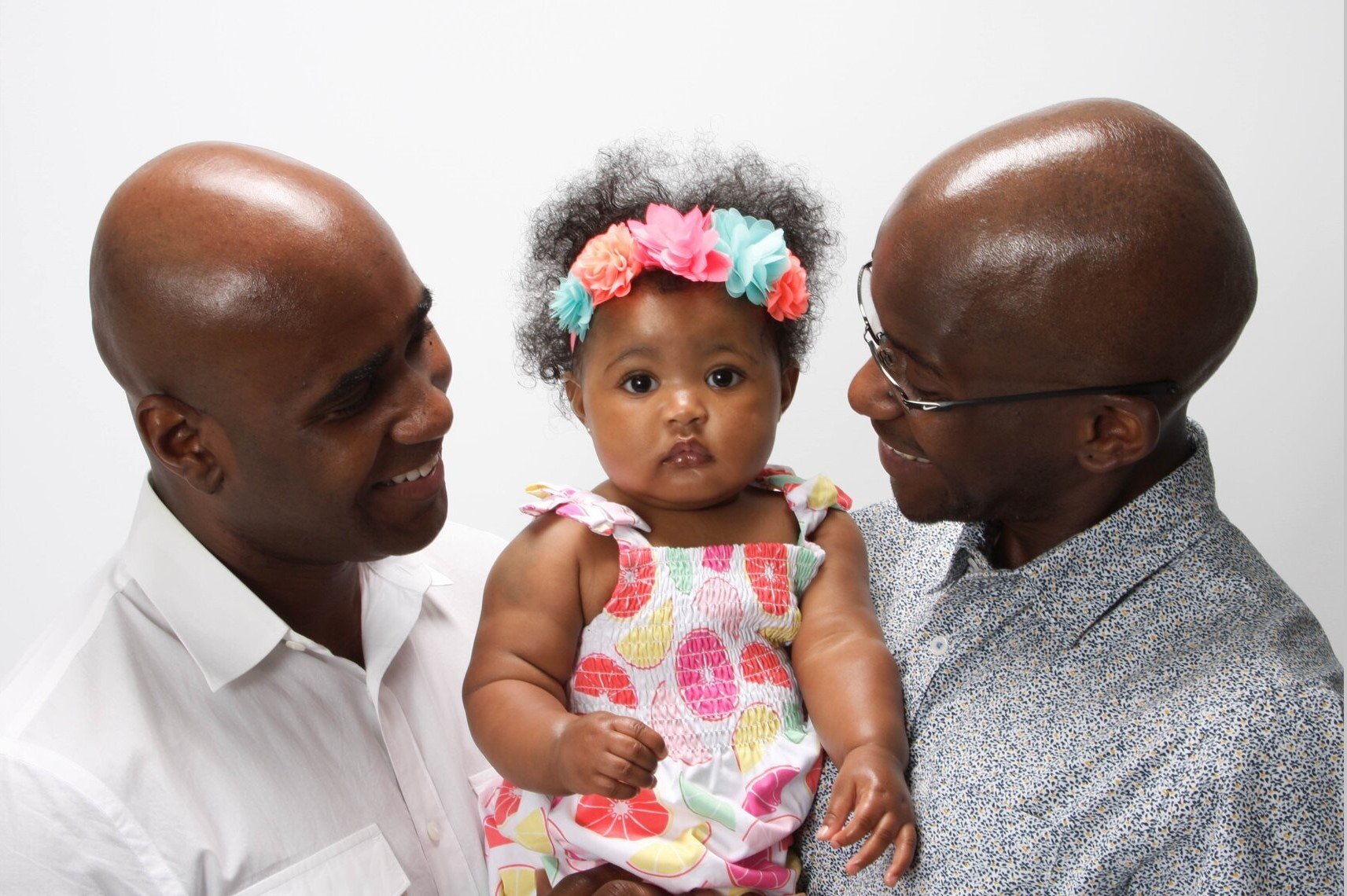How do interstate adoptions work?
When a child is adopted into or from another state the rules of the Interstate Compact on the Placement of Children (ICPC) must be followed. AOW can help you with:
A home study for prospective adoptive families in Wisconsin
Expectant parent counseling
Adoptive parent counseling
Guardianship
Post placement services
Preparation of ICPC materials
Finalization report
Frequently Asked Questions:
-
If you are involved in an interstate adoption, you may have heard of the Interstate Compact on the Placement of Children (ICPC). The ICPC is an agreement among the states that applies whenever a child is moved from one state to another for purposes of adoption.
The ICPC is designed to ensure that there is established financial responsibility for each child, many of whom are in foster care. With respect to adoption, the ICPC serves as a standardized and open process that both the sending and receiving states can follow to assure a child’s legal security. When a child is going to move from one state to another for the purpose of adoption, the requirements of the ICPC must be met in both the sending and receiving states, and the placement must be approved by both states’ ICPC administrators, before the child moves.
-
For children born in Wisconsin and being adopted in another state, Adoptions of Wisconsin (AOW) and its attorneys will gather the necessary materials (hospital records, court orders, etc.) and provide the documentation to the Wisconsin ICPC administrator. Once our ICPC office approves, the packet will be sent to the receiving state’s ICPC office for approval. Once AOW is notified of both states’ approvals, you are free to return home with your child.
Your child must remain in Wisconsin until ICPC requirements are met and both states’ ICPC offices give their approval for the child to move. This can take several weeks, but is often quicker. In some cases, the ICPC administrator may agree to grant “provisional approval” for a child to leave the state before final ICPC approval is given. Such approval is provisional (or, at risk), because if the birth parents’ rights are not terminated, or if other ICPC requirements are not ultimately met, the child must be returned to the sending state.
Because of the complexities of the ICPC, it is important to work with a qualified adoption attorney and licensed adoption agency, in each state. The Academy of Adoption and Assisted Reproduction Attorneys (www.AdoptionART.org) is a good resource to find qualified attorneys and licensed adoption agencies. Adoptions of Wisconsin does not provide legal advice or guidance. Please contact a qualified adoption attorney for more information.
-
Facilitators are not licensed adoption agencies. They are not regulated nor do they have rules or guidelines they must follow. Unfortunately, the internet has allowed them to proliferate and many portray themselves as adoption agencies. You must work with a licensed Wisconsin adoption agency if you or the expectant parent are a resident of Wisconsin. For more information, please visit this link.
-
Adoptions of Wisconsin utilizes the Structured Analysis Family Evaluation (SAFE) model for our home studies. This model is used by many other states and is typically accepted by all states. If necessary, Adoptions of Wisconsin can make an addendum to your home study to comply with additional requirements of another state.
-
The number of post-placement visits and length of post-placement contact are set by the state in which the child was born. In Wisconsin, six post-placement visits are required. Four of the visits will be in your home and two at our offices. The first visit will happen within the first 30 days of placement. If the adoption is born in another state and placed with a Wisconsin family, Adoptions of Wisconsin still has to follow Wisconsin law and conduct an in-person post-placement visit every month until finalization.
